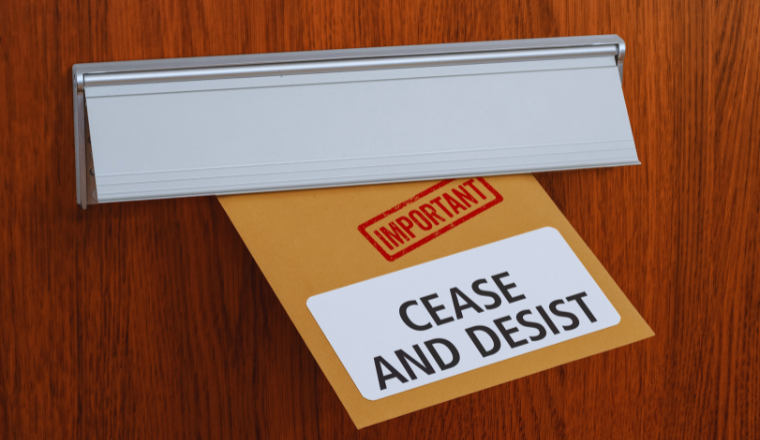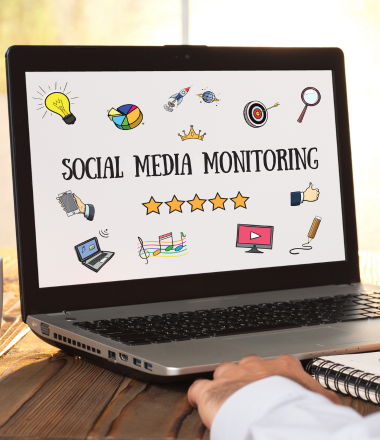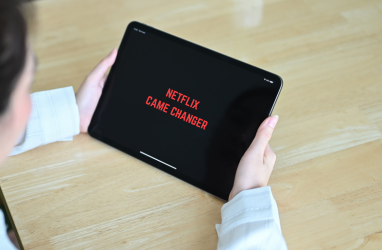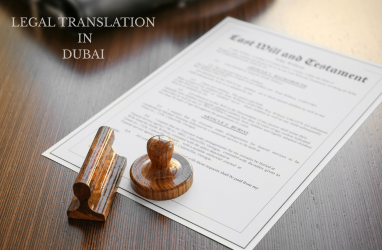Best Practices for Copyright Compliance on Social Media
Let us discuss the best practises for compliance for copyright protection of original work(s), materials, user content, and creation(s).
- Ensure Content is Original: When posting content on social media, it is crucial to ensure that all creative works are original and do not infringe on any existing copyrights. Businesses and social media companies should implement policies and specific guidelines requiring employees to only post photos, videos, blog posts, and other content that they have created themselves or have written permission to share from the rights holder.
- Obtain Permission to use Copyrighted Materials: If a business wants to share copyrighted content created by another party, they must respect the ownership of the content and abide by the intellectual property laws and copyright regulations. Explicit permission and exclusive rights must be obtained from the rights holder or creator, prior to the content posted and distribution on social media. Permission should be acquired in writing, often in the form of a licensing agreement that specifies how the content may be used in certain situations.
- Attribute and Link to Sources: When sharing content on social media that was created by a third party, proper attribution should always be given. This includes identifying the creator by name, username, or page name and linking directly to the original post or content. Proper acknowledgement and linking helps to avoid the appearance of copyright infringement while also giving credit to the original creator.
- Reporting Infringing Content: Businesses have a responsibility to report infringing content when they become aware of it. Whether the infringing work is appearing on their own social media profiles or on the profile of others, it should be flagged and reported immediately. Failing to report known copyright violations can be seen condoning the behavior and may subject businesses to legal liability.
- Educate Employees: Employees should receive regular training on copyright basics and laws and, company policies related to social media use. Education and awareness are key to ensuring compliance across an organization. Employees should understand types of content that can and cannot be shared, the importance of giving credit to the original creator or site, and procedures for reporting infringement. With ongoing education, employees can become effective partners in a business's copyright compliance efforts.
In summary, abiding by best practices such as using original and authorized content, properly attributing third-party work, reporting infringing content, and educating employees is key to achieving copyright compliance on social media. With vigilance and a commitment to respecting intellectual property rights, businesses can leverage social media to their benefit without worry of legal repercussions.
Legal Implications and Penalties for Copyright Infringement on Social Media
Civil Lawsuits and Damages
Copyright holders whose works have been infringed upon on social media have the right to file a civil lawsuit against the infringing party. If the copyright holder is successful in court, the infringing party may be required to pay damages in the form of lost profits, the amount the copyright holder would have earned if the work had not been infringed, or statutory damages of up to $30,000 per work infringed.
Criminal Penalties
In some cases, the unauthorized use of copyrighted works on social media can lead to criminal charges and penalties. Individuals or companies found guilty of willful copyright infringement in order to gain a commercial advantage or private financial gain face up to five years in prison and fines of up to $250,000 per offense. The court may also order the seizure and destruction of infringing materials.
Takedown Notices and Account Termination
Copyright holders can issue takedown notices to social media platforms requesting the removal of infringing content. If a user repeatedly posts infringing content, the social media platform may terminate their account. Content creators and influencers should exercise caution to avoid account suspension or termination, as this could significantly damage their brand and social media presence.
Loss of Safe Harbor Protections
Social media platforms that fail to address infringement claims and comply with takedown notices risk losing safe harbor protections provided by laws like the Digital Millennium Copyright Act (DMCA). Without these protections, platforms can face legal liability for copyrighted content posted by users. To maintain safe harbor status, platforms must follow proper notice-and-takedown procedures and adopt repeat infringer policies.
In summary, copyright infringement on social media can result in civil lawsuits, criminal charges, account suspension, loss of safe harbor protections for platforms, and other legal consequences. Content creators and influencers should understand their obligations under copyright law to avoid these penalties, while copyright holders have avenues to protect their intellectual property rights. By working together, all parties can promote a social media environment that respects copyright.
Conclusion
Social media has become a hotbed for copyright infringement by users sharing content without proper attribution or permission. While social media companies and platforms must do more to curb this behavior through improved policies and enforcement, the onus remains on content creators and rights holders to be vigilant in monitoring their work and sending takedown notices when needed. By registering copyrights, watermarking media, and leveraging available tools to report infringement, brands and individuals can better protect their intellectual property in the digital realm. With a multi-pronged approach of education, deterrence and continued pressure on social networks, the rampant copyright abuse on these platforms can be mitigated.
Protect your intellectual property today with Abounaja Intellectual Property. Email us at [email protected] to register your copyrights and safeguard your creative works.





